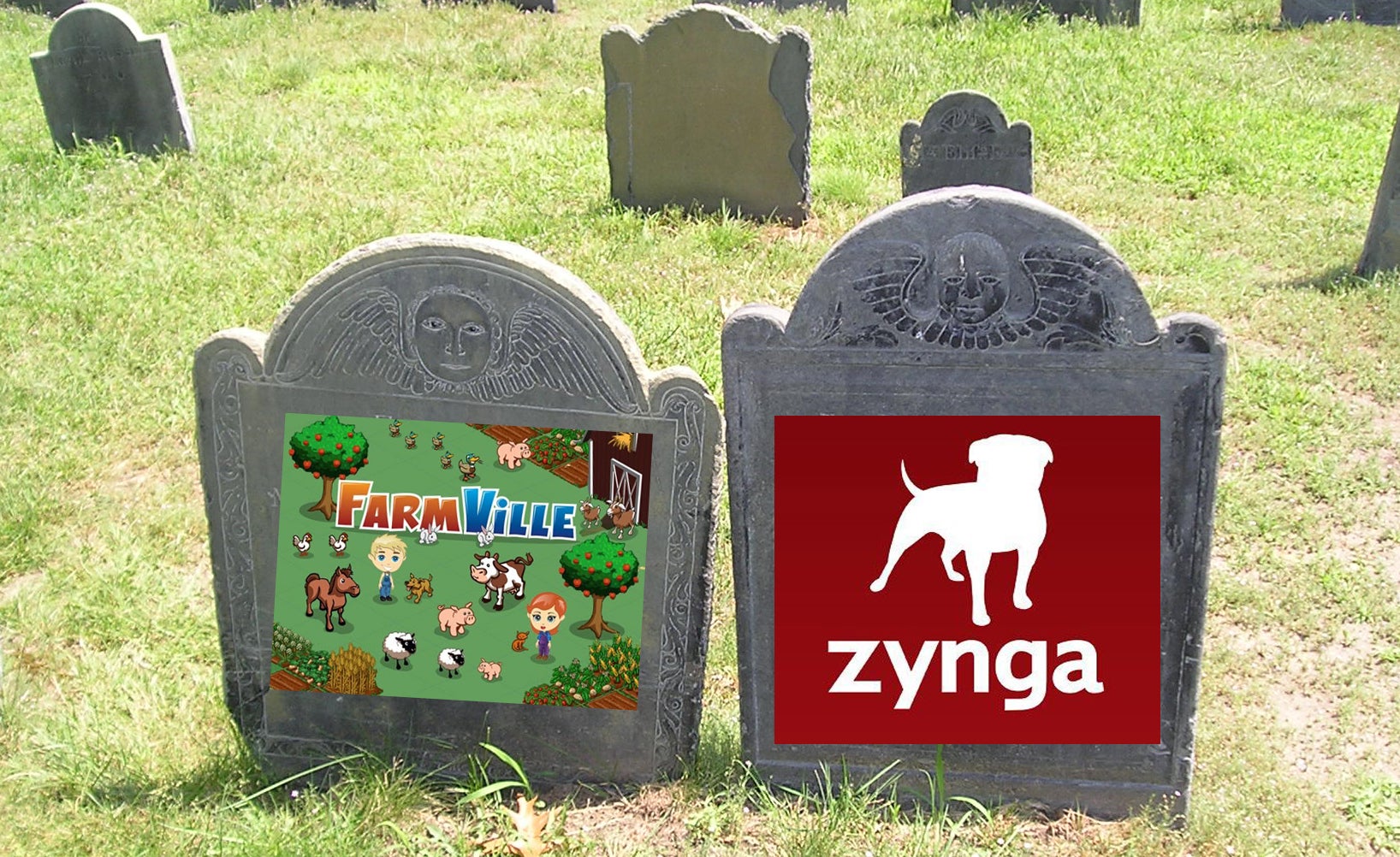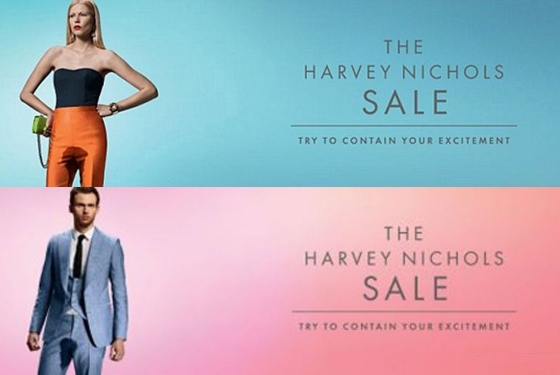Did you really mean to associate your brand with racism?
Back in 1990, when I was a junior columnist at the university newspaper, a fierce debate arose: The local tanning salon wanted to advertise in the paper, and their ad included a picture of a model-thin woman in a bikini. Today, the debate might be about whether it was ethical to promote a potentially cancer-causing product to young people; twenty years ago, it was all about whether it was ethical to contribute to the objectification of women by accepting ads featuring scantily-clad bikini babes.
(Are kids these days still this idealistic about this kind of thing? I wonder.)
Ultimately, of course, the argument turns on freedom of speech: There’s a fine line between refusing to publish content or advertising that is generally accepted to be offensive or inflammatory and stifling freedom of speech by quashing all dissenting or differing opinions. If you refuse an ad for a tanning salon because you think that photos of women in bikinis send the wrong message to young women, must you also refuse ads from bathing suit manufacturers which feature women modeling the bathing suits? What, exactly, does a women have to wear in an ad in order to make it acceptable for your publication? Will you apply the same standards to men? Who gets to decide?
You see the problems here.
User-generated content is hard to control
I got thinking about this a couple of days ago when I fell down one of those YouTube rabbit holes and found myself watching a video by a guy called Ramzpaul (NSFW), who calls himself a ‘nationalist’ or sometimes ‘white nationalist’.
Ramzpaul is smarter than most of the other white pride types on YouTube: He positions himself as a ‘satirist’, doesn’t spew hate speech indiscriminately, and has closed down the comments on most of his 481 videos – so it takes a few minutes to figure out that he is in fact a racist who’s quite popular on Stormfront discussion boards (not gonna link to that one – I’ll let you look it up yourself), where they like the fact that his pro-white message is subtle enough to reach his fellow nationalists without us non-racists getting upset. The core message of the video entitled “Support Marriage Equality”, for example, is that people who think it’s okay for people to marry same-sex partners must also think that it’s okay to marry (and have sex with) animals – but because he’s given the video a ‘liberal-friendly’ title and gone with a ‘satirical’ theme, he comes across as ‘just a guy with some opinions’.
In fact, he’s done it so well that YouTube has made him a partner and is running ads on his videos:

(I’m not going to link to any of Ramzpaul’s videos here, for obvious reasons. Screenshots will have to do.)
In the past 24 hours, I’ve seen ads for Katy Perry, Jugnoo, Canada Works 2025 and, as in the screenshot above, for the Ontario Lottery and Gaming Corporation either on Ramzpaul’s page or running before his videos. I don’t know Katy Perry personally, of course, but I’m pretty sure neither she nor any of the other brands I’ve seen associated with Ramzpaul’s channel would be all that happy about it.
Though I will say there is some sweet irony in the fact that there’s an ad promoting Toronto’s Gay Pride week preceding the “Support Marriage Equality” video:

Ramzpaul may be more subtle and less vitriolic than some of really hardcore racist garbage on YouTube, but he’s still promoting a fairly offensive worldview, and I tend to think that it’s the more subtle stuff that does the most damage, because it seems so reasonable at first: “Oh, I’m just being satirical! Oh, it’s just my opinion – it’s not hate speech!”
Where do you draw the line?
YouTube does a fairly good job of removing – or at least sidelining – users who are obviously racist, violent, copyrighted, etc. But with 48 hours’ worth of video uploaded to YouTube every minute, it can be hard for them to keep up. And anyway, where do they draw the line? I think most people would find Ramzpaul’s worldview offensive, but if he’s hiding behind humour, not actively promoting violence, and staying carefully away from incendiary language – we’re back to the bikini question: Where do you draw the line between ‘hate speech’ and ‘freedom of speech’, and how do you make that decision?







